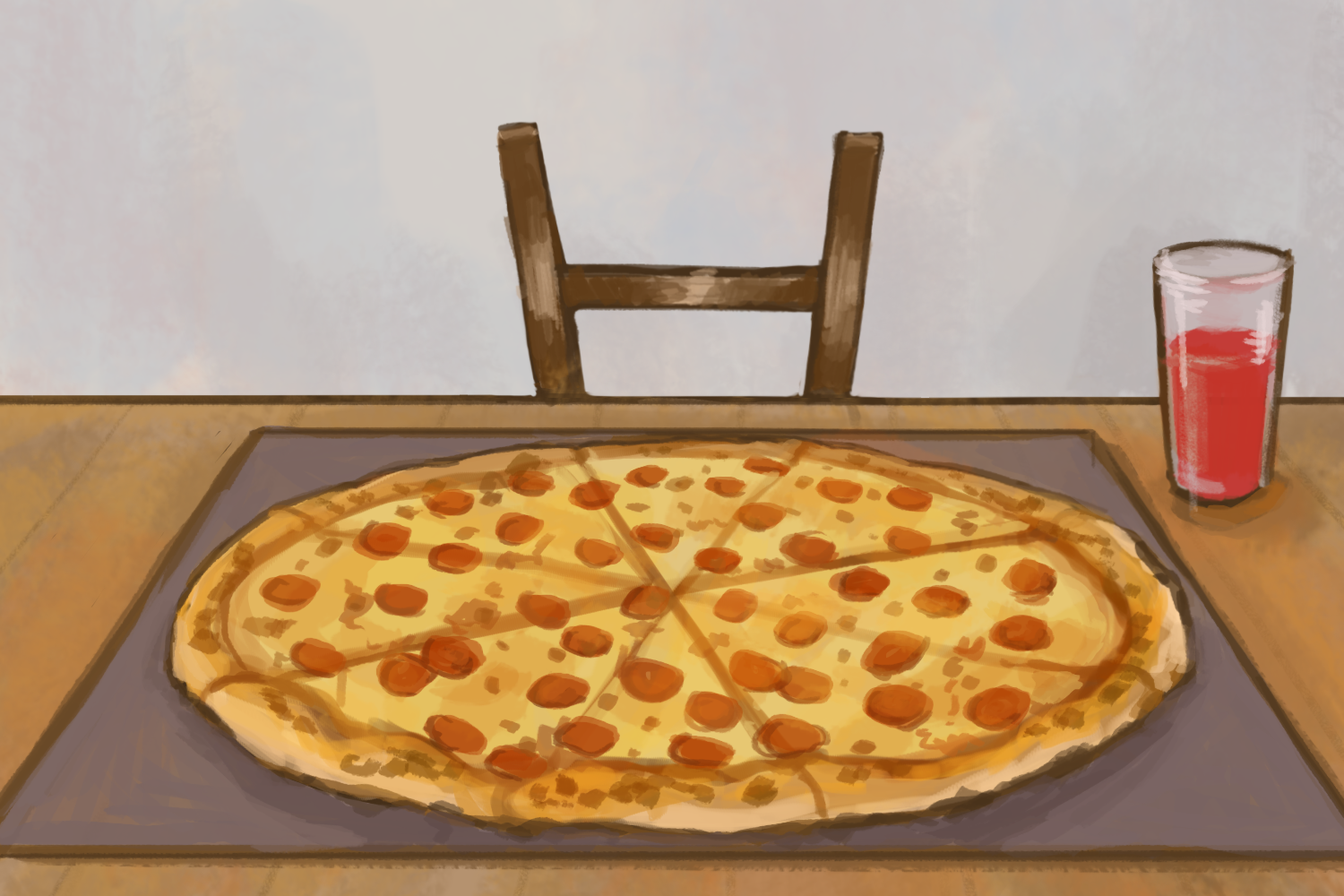Ever the pioneer of online entertainment, YouTube has provided a platform for the wildly popular South Korean mukbangs. Translated into English, mukbangs are eating broadcasts in which the YouTuber films themselves eating large amounts of food in one sitting — while getting paid.
Because eating by yourself in a public setting is a bit stigmatized in South Korea, many mukbangers include conversational content in their videos, such as answering questions or talking about their day. As much as amateur binge-eating seems like a dream job, however, this online community effort to make someone’s day brighter through a bit of food therapy has a few unintentional consequences.
Watching someone slurp and moan over food may seem like an unsettling pastime, but there is a scientific reasoning behind the addictive quality of mukbangs. The oddly fulfilling sounds of crunching and the stimulating videos of mozzarella being stretched comes from satisfying the evolutionary adaptation of “visual hunger.”
Although most societies no longer need to forage for food, the visuals of eating food continues to captivate viewers because human brains have learned to enjoy seeing food. The connection in the brain between visually seeing food and the (usually) imminent satiation of hunger has led to the immense popularity of mukbangs.
Looking at delicious food is one thing, but these days, some hightech mukbangers are going a step further and including an ASMR component alongside their visual content. ASMR, which stands for autonomous sensory meridian response, is the “tingling” sensation that begins at the scalp and moves through the neck, spine, and limbs. A popular ASMR/mukbang Youtuber SAS-ASMR, has gained over a million subscribers on YouTube for her high quality, ear tingling, drool inducing videos of eating things like sea grapes, different types of honeycombs and even a huge slab of raw sashimi grade salmon.
With her ASMR focused mukbangs, SAS-ASMR’s satisfies the viewers’ “visual hunger.” Alongside this visual satisfaction, however, comes the question of whether or not indulging both the mukbanger and their spectators in a feast is healthy.
Many mukbang spectators hint at how the mass consumption of various foods seems not to have an impact on the perceived weight and health of the mukbangers. Comments like these often receive replies like “They work off the calories???” or “They vomit after,” while others claim a newfound appeal for the food being eaten.
These comments and the rise in popularity of mukbangs in America demonstrates the cultural link between eating and body image. In both American and Korean mukbangs, especially ones where the eater is thin, the viewers are presented with a contradiction that is difficult to comprehend. How is it, many commenters joke, that so many of these people can stay thin while eating massive amounts of food while I seem to gain weight just from breathing air? Although these self-deprecating comments are usually made as jokes, they point to a larger issue about eating and body image.
Particularly in South Korea, the maintenance of one’s physical health and appearance can make all the difference when applying for jobs. Celebrities are often criticized for their apparent weight gain. While the mukbangs may be a source of entertainment for some, others see it as a marker of failure for those who cannot maintain the ideal Korean figure.
In America, these same anxieties over eating and weight gain have become intertwined with issues of health. YouTubers like Miss Mina point to the health issues that arise from filming these mukbang videos.
After several of her mukbang videos, Miss Mina noted that symptoms of sickness — like fevers and headaches — came around as a result of overeating. In a video clarifying why she stopped filming mukbangs, the YouTuber explained how overeating sugary or oily foods contributes to long term health issues like heart disease and diabetes. So really, is there a justifiable way to continue the trend of watching mukbangs?
For me, mukbangers are absolute rays of sunshine. One of my favorite YouTube mukbangers is HyuneeEats. Known for her bright and bubbly personality, HyuneeEats’s most recent video addresses body image and YouTube haters.
While chowing down on four servings of Thai red curry for her mukbang, she lets both her fans and her haters know that she loves herself and her body, even if some angry passerby thinks she looks like “a pig mixed with an elephant and a blue whale.” Instead of inciting or giving into the harsh comments and suggestions to diet, she continues to exude positivity as she happily munches away, stating that “there are so many delicious foods, so many restaurants to eat [in], and if I can’t eat all this food, I’d be sad.”
In the face of all these unkind words, HyuneeEats is able to show that eating for her is not just a way to earn money and YouTube fame. With every gigantic spoonful or bite, she introduces to her viewers different cultural dishes, some wise words, and even inspires awe for her amazing tolerance to spicy food. She is able to remind her viewers through these mukbangs, that food is meant to be enjoyed with good company — and she is as good as any.
In short, mukbangs continue to fill the void that food alone cannot fill. For the many dislikes and cruel comments about weight and body image being written, there are many more likes and comments of support from viewers. Granted, it may not be best for one’s health to overeat all the time, but the efforts mukbangers take to publicly address their own struggles with their body and their health is beyond helpful. Instead of making issues of eating and body image a stigma, mukbangs can help address the problems and the successes of the viewer’s relationship to food.

















